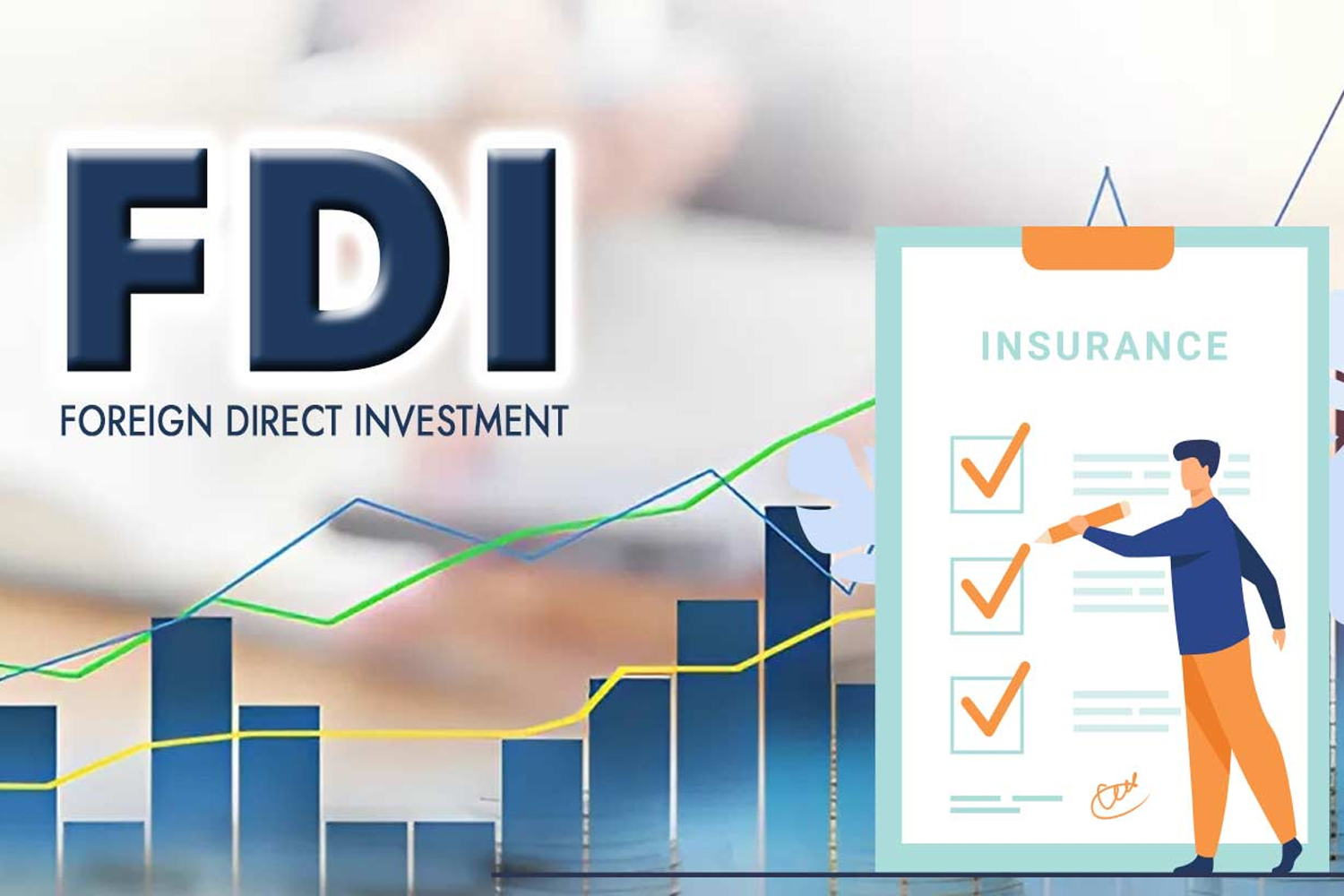In an unpredictable world, two financial tools have consistently stood as pillars of stability and growth: insurance and investments. While they serve different purposes, they often complement each other in helping individuals, families, and businesses prepare for uncertainty, safeguard wealth, and work toward long-term prosperity. Insurance provides protection against unexpected risks, while investments pave the way for wealth creation. Together, they form the backbone of a sound financial plan—balancing safety with opportunity.
The Role of Insurance: A Shield Against Uncertainty
Life is full of uncertainties—accidents, illnesses, natural disasters, and even loss of income can strike without warning. Insurance steps in as a safety net, ensuring that unforeseen events don’t completely derail financial stability. At its core, insurance works on the principle of risk-sharing. By paying a premium, individuals and businesses transfer the financial burden of potential risks to insurers.
There are several types of insurance that cater to different needs:
- Life Insurance: Provides financial security to a policyholder’s family in case of premature death. It ensures dependents don’t face financial hardship.
- Health Insurance: Covers medical expenses, reducing the burden of costly treatments and hospitalizations.
- Property & Casualty Insurance: Protects homes, vehicles, and businesses against damage or loss.
- Disability & Income Protection: Offers a financial cushion in case of injury or illness that prevents someone from working.
- Business Insurance: Shields companies from risks like liability, asset damage, or employee-related losses.
Insurance may not generate wealth, but it provides peace of mind. For individuals, it prevents financial ruin during crises. For businesses, it ensures continuity and resilience. Without insurance, even the most carefully built financial plans can collapse under the weight of unexpected expenses.
The Power of Investments: Growing Wealth Over Time
If insurance protects wealth, investments help grow it. Investments involve allocating money into assets—such as stocks, bonds, mutual funds, or real estate—with the goal of generating returns over time. While there are always risks involved, investments play a crucial role in beating inflation, achieving financial goals, and building wealth for the future.
Some of the most common investment options include:
- Stocks and Equities: Buying shares in companies, with the potential for both dividends and capital appreciation.
- Bonds: Lending money to governments or corporations in exchange for interest payments.
- Mutual Funds & ETFs: Pooled investments managed by professionals, offering diversification and convenience.
- Real Estate: Investing in property for rental income or long-term value appreciation.
- Retirement Funds: Pension plans, 401(k)s, or provident funds designed to ensure financial security in later years.
- Alternative Investments: Commodities, hedge funds, or even cryptocurrencies, appealing to those seeking diversification beyond traditional markets.
The key to successful investing lies in time and strategy. The longer money stays invested, the greater the potential for compounding—where returns generate additional returns. This makes early and consistent investing one of the most powerful wealth-building habits.
Insurance vs. Investments: Understanding the Difference
At first glance, insurance and investments may seem like two sides of the same coin, but their purposes are very different. Insurance is primarily about protection, while investments are about growth.
- Insurance answers the question: “What if something goes wrong?”
- Investments answer the question: “How can I achieve my goals and grow wealth?”
For example, a young professional might buy life insurance to protect their family while simultaneously investing in mutual funds to save for retirement. One secures the present; the other builds the future.

The Intersection: Investment-Linked Insurance
Interestingly, there are financial products that combine the principles of both insurance and investments. Unit-linked insurance plans (ULIPs), endowment policies, and whole life policies with investment components are examples. These hybrid products provide life coverage while also investing a portion of premiums in equities or bonds.
While they sound attractive, such products often come with higher costs and complexities. For many individuals, keeping insurance and investments separate may offer greater clarity and flexibility. Still, for those seeking a bundled solution, these plans can provide a balance of protection and growth.
Why Both Are Essential in Financial Planning
Relying only on investments without insurance leaves one exposed to risks, while relying solely on insurance without investments limits financial growth. A well-rounded financial plan requires both.
- Insurance ensures stability: If an accident, illness, or loss occurs, insurance prevents the need to liquidate investments prematurely.
- Investments ensure progress: They create wealth for major life goals—buying a home, educating children, or retiring comfortably.
Think of it this way: Insurance acts as a shield, while investments act as a ladder. The shield protects you from falling backward, while the ladder helps you climb higher.
Challenges in Insurance & Investment
- Lack of Awareness: Many people remain underinsured or uninsured because they don’t fully understand the importance of coverage. Similarly, fear or lack of knowledge prevents many from investing.
- Mis-selling and Misinformation: Sometimes, individuals are sold policies or investment schemes that don’t suit their needs. This can lead to dissatisfaction and mistrust.
- Market Risks: Investments are subject to volatility, and not everyone has the patience or discipline to weather market fluctuations.
- Affordability: In developing regions, many families struggle to afford insurance premiums or spare money for long-term investments.
- Complexity: With countless options available, choosing the right insurance or investment product can feel overwhelming.
Emerging Trends in Insurance & Investments
- Digital Insurance (InsurTech): Mobile apps now allow people to buy, manage, and claim insurance policies within minutes. AI is being used to process claims faster and detect fraud.
- Robo-Advisors: Automated investment platforms provide low-cost portfolio management, making investing accessible to beginners.
- Micro-Insurance: Affordable, smaller insurance packages are being developed for underserved populations in developing countries.
- Sustainable Investing: Investors are increasingly looking at companies with strong environmental, social, and governance (ESG) practices.
- Blockchain in Finance: Blockchain technology promises more transparent, secure, and efficient ways to handle insurance contracts and investment transactions.
The Future of Financial Security
Looking ahead, insurance and investments will become even more important in shaping financial stability. With rising medical costs, climate change risks, and volatile markets, the need for robust insurance coverage will grow. At the same time, with longer life expectancies and evolving lifestyles, the importance of strategic investments for retirement and wealth-building will increase.
Education will play a central role in helping people make informed decisions. Governments, financial institutions, and educators must work together to raise awareness about the importance of balancing protection and growth.
Conclusion
Insurance and investments are not competing financial tools—they are complementary. Insurance provides a shield against life’s uncertainties, while investments offer the opportunity to grow wealth and achieve dreams. Together, they help individuals, families, and businesses navigate the present while preparing for the future.
The right combination depends on personal goals, risk appetite, and financial capacity. But one principle remains universal: protecting what you have and growing what you can are both essential to long-term security. In a world of uncertainty and opportunity, insurance and investments stand as two powerful allies—guarding today and shaping tomorrow.












